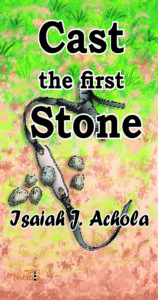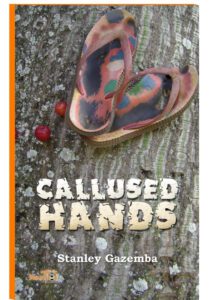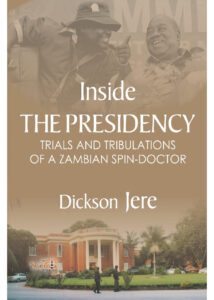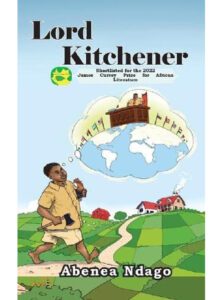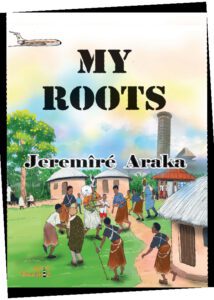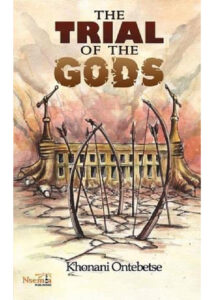
- Title: A Beacon of Hope
- Year: 2011
- Author: Jaspher Rori
- Publisher: Nsemia Inc. Publishers, Ontario, Canada
- Reviewed on: August 10, 2023
In the beginning of this story, the old is questioned by the new in ways of thought, and living. Jaspher Rori, a former high school teacher and currently is working on another book, the old represents the ways of Manga, Kenya. It is a village where drinking home-brewed beer, smoking tobacco and siring many children takes place. Children, many of them, are a good source of labour. It is especially so if they are boys that can go look after cattle, the measure of wealth in Manga. Enter the ways of the new – white missionaries.
With the Bible in one hand and a gun in the other, the missionaries preach the glory of Jesus Christ absolving all of their sins. Missionaries’ brand of education is offered as the route to a prosperous life.
“Indeed, the message was enticing. But the Gusii had known engoro, their god, as the source of life, all knowing, all present and powerful. He and only he directed their lives and knew even where the wind slept. He lived high beyond the sky from where he watched over them and directed their lives. He was a god of mercy and plenty, and when not pleased with the people, he rained disaster as a lesson. Therefore, they knew how to please him through regular sacrifices and rituals.” (Rori, 2011, pg. 2-3).
The white missionaries insisted, while holding their guns, that Jesus Christ was more powerful. Thus, schools were built in the village, not just in Manga but also across Kenya. Gusii lost its offspring to classrooms. Wealth generation ground to a halt as resources were used to build missionary schools. And children could attend those schools, rather than tending to their farms and cattle.
In villages outside Manga, there were those achieving high levels of success, defined by the white missionaries’ promises. Government officials, doctors and lawyers they were becoming. Until Musa came along, the first from Manga to go to university, the village was losing hope. Musa is the beacon of hope. His light flickers like the embers’ creep through wood for a campfire in the rain.
When Musa leaves to go to university there is a lot of anticipation. Here he meets Judy, a woman of promise for both Musa and herself. They graduate successfully as their friendship and a spiritual bond of love blossoms, and promise to keep in touch! As happens, however, with so many young lovers, the promise fails.
Both Musa and Judy aim to ride the wheels of fortune in Nairobi. “Village ways” must mutate into the glossy western success standards of the city. It is a life that, at the core, appears to care less about the means rather than the end. Judy falls into a devastating snare of drug trafficking that ruins her career. Musa gets better success as he rises to finally achieve the dreams of Manga and the true beacon of hope his village had been waiting for.
On a personal note, this book helped me to understand why so many people hold the idea that Africa does not work as a continent. Could it be because people focus on getting their way, focusing on the end, regardless of the means to get there? My father would often tell me stories about how wonderful his homeland of Uganda was when the British ruled. He would give examples of milk being delivered to the door and buses running on time. For those of you who remember Idi Amin, the comparison to British rule is maddening. In Jaspher Rori’s book, he does not discuss the often bemoaned “brain drain” of the African educated elite. He, however, focuses on Musa, who grasps at trying to make his family, his village and his nation of Kenya proud while he works in Nairobi. On a universal level, anyone who has ever struggled to find work anywhere in the world can relate to Musa, trying to be an adult, trying to find a good person to marry, and trying to be “successful” by white missionary standards. Why does Africa not work? Read the book to give you some insight.
Donna Kakonge

